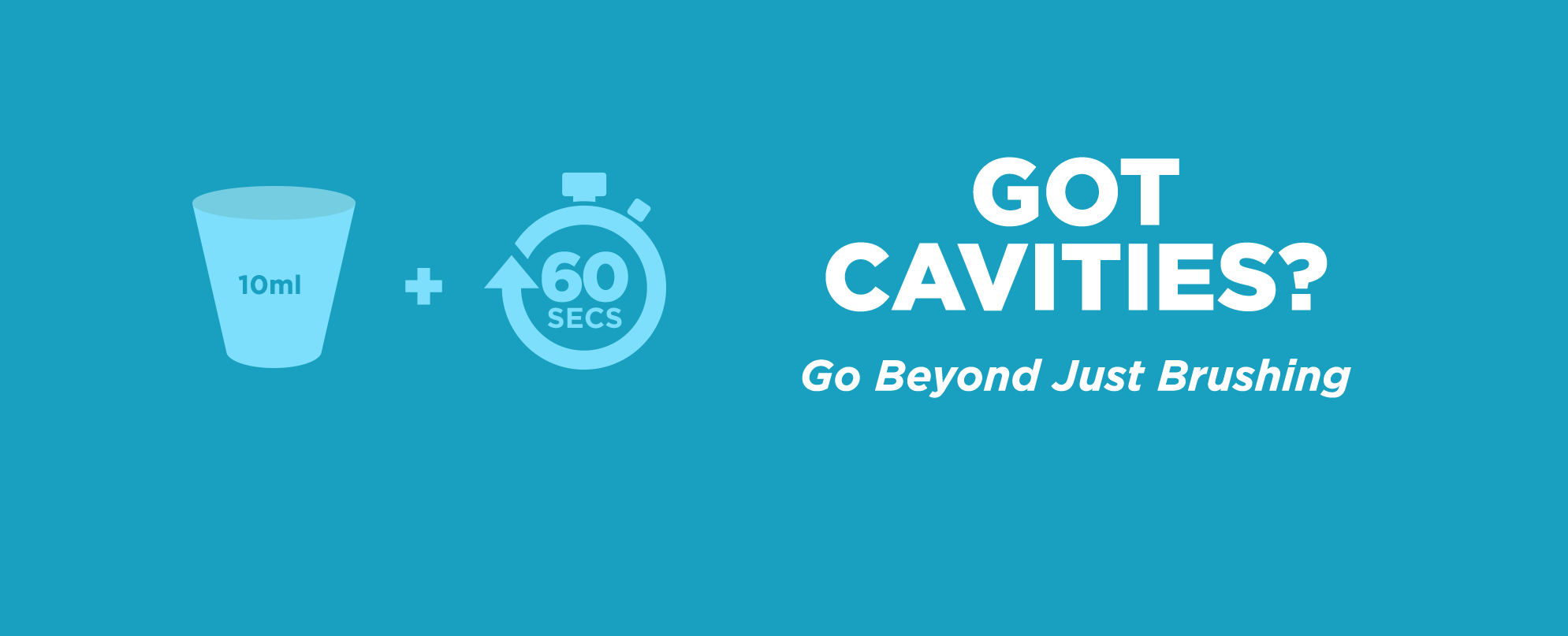Did you find this article helpful?
Cavities & Strong Teeth: Frequently Asked Questions
Plaque Vs. Tartar?
Tartar is basically plaque that has been left untreated and worsened into a harder surface on the teeth that only dentists can remove. Plaque is a thick film on teeth comprised of saliva and trapped food particles that build up above and below the gum line . Plaque removal can be achieved by gentle brushing, flossing or rinsing with an antiseptic LISTERINE® mouthwash, it can harden into tartar. The acid from plaque can attack teeth soon after meals; if not cleaned away it can break through enamel and lead to cavities. Plaque also harms gums and can lead to red, swollen gums that bleed when brushed, or even lead to receding gums.
Tartar is yellow in colour and appears on the gum line. It is plaque that was not removed and has hardened from mineral deposits in saliva. Tartar continues to grow and calcify if not removed. Tartar can only be removed from your teeth by dental professionals and their professional tools . Brushing, flossing, rinsing with LISTERINE® Total Care mouthwash and using a tartar-control toothpaste can help prevent this .
What Is Fluoride?
Fluoride is a naturally occurring element known to prevent tooth decay, thereby helping prevent cavities developing. The acid in plaque leads to mineral loss in the tooth (demineralisation), which leads to tooth decay. The formation of cavities, however, can be reversed by remineralisation. Fluoride can speed up this restoration of lost minerals.
Fluoride is often found in tap water, in high enough quantities to reduce cavities, depending on which area of the country you are in (and whether you drink tap or filtered/bottled water). You can also get fluoride by using a fluoride toothpaste and LISTERINE® mouthwashes that contain fluoride.
Cleaning Your Dentures?
You should rinse your dentures and brush away food particles and debris twice daily. Use a mild dishwasher liquid and soak dentures in the cleaning solution in a container. Always clean dentures over a soft towel or basin half full of water, as they can be slippery and easily break if they fall. Brush with a soft-bristle brush in lukewarm water. Thoroughly clean the denture. Rinse with an antibacterial LISTERINE® mouthwash after to help keep the mouth feeling fresh and clean. When not in your mouth, dentures should be placed in a denture cleanser soaking solution or in water.
A mouthwash for
every type of bold

